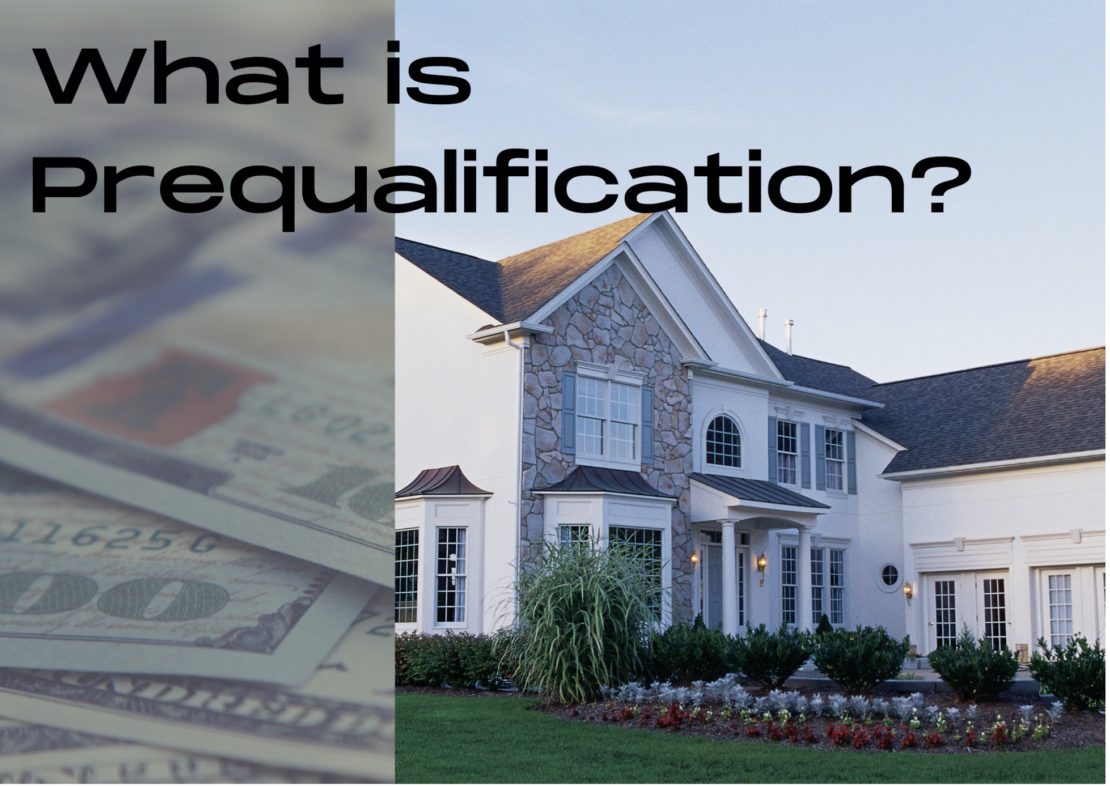Getting prequalified for a loan is a great first step when you’re ready to begin shopping for your first home. It’s an easy way to dip your toes into the process and understand how much home you can afford.
If you’ve begun looking for a new home in a beautiful neighborhood such as Sunterra, you may have noticed that the homes range in price from the high $200,000s into the $500,000 range. Knowing what you can afford helps not only you — it also helps your Realtor to understand what you can afford before you set your heart on a new home.
Prequalification can provide you with some peace of mind and some valuable facts about your financial readiness to buy a home.
What is Prequalification and How Do You Do It?
Prequalification, for those who have never shopped for a home loan, may seem like a scary and intricate process, but in reality, it’s not. It begins by speaking to a potential lender about your interest in purchasing a home. You can apply for prequalification online or over the phone in some cases, or you can go directly to a lender to fill out forms, ask questions and walk through the process with that person as a guide.
What exactly is prequalification? In short, it’s a letter from a lender that shows how much the lender is willing to loan you based on the information you’ve provided. This letter gives you the confidence to make an offer on a new home, and it gives the seller a sense of confidence that you can afford the home.
While prequalification does give you an idea of how much you can afford, it doesn’t guarantee approval. Then why go through the process?
Quite simply, prequalification is an important tool to have in your belt, especially if you’re a first-time home buyer. You can get tons of valuable information regarding which kinds of loans are out there and what you may qualify for. You can calculate down payments and get an idea of how much you can afford monthly. Plus, you can get a professional viewpoint of your finances, put things in perspective and work toward fixing any issues you may come across before applying for a home loan.
The important thing is that the prequalification letter you receive provides enough information for sellers in your area to take it seriously. The best way to make sure that the letter you have will serve its purpose is to ask a local real estate agent what you need to provide. Then, while in the process of having a lender prequalify you, you can be sure that you’re providing the required information.
To begin the process of prequalification, the lender will ask some basic questions. These include questions about your income, assets, debts, estimated down payment and your credit score.
There are many ways to check and track your credit score, including hundreds of companies who swear by their “best analysis.” But the best way to receive an accurate score is to contact the three major credit bureaus for a free score analysis once a year.
Some lenders will run a soft credit check while walking you through the prequalification process, which has little to no impact on your credit score. If you’re planning on speaking to more than one lender, it’s best to schedule your inquiries within a two-week period. That way if they all run soft credit checks, they will have less impact on your score.
The prequalification process then takes anywhere from a few minutes to a few days to get a rough estimate of how much you qualify for and what programs may be available to you.
Always speak to a lender before beginning the prequalification process. Not every lender will provide you with prequalified loan letters and may require preapproval instead. Preapproval may require a hard credit check and may also require you to provide more in-depth documentation of your financial history. If you’re not ready for preapproval — which may still not qualify you for a mortgage — stick with getting prequalified.
Unlike preapproval, with prequalification there’s no hard credit check or long waiting period. You don’t need to worry about providing tax documents or other financial documents just yet.
Then, when you’re ready for an official review of your finances, you can take the process a step further.



